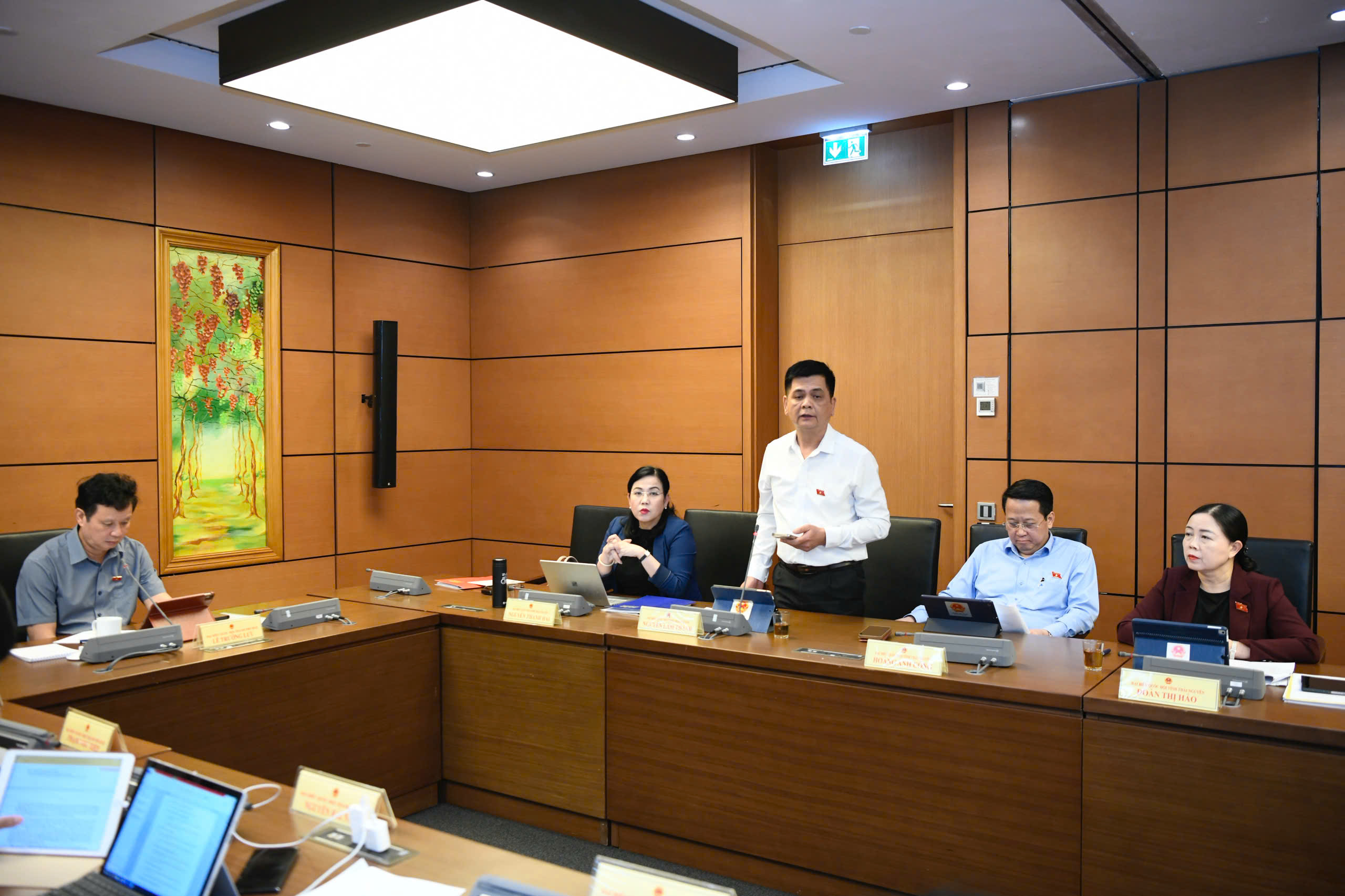 |
| Delegates expressed high consensus on submitting draft laws to the National Assembly for consideration and amendment. Photo: Provided by the city's National Assembly Delegation |
At Group 7 - including the National Assembly delegations: Hue, Lang Son, Thai Nguyen, Kien Giang , the delegates expressed their high consensus on submitting to the National Assembly for consideration and amendment of the three above-mentioned documents. The amendments and supplements are considered necessary to serve the process of strongly reforming the administrative apparatus towards streamlining, effectiveness and efficiency.
The opinions in the group all agreed with the content of the Draft Resolution amending and supplementing a number of articles of the 2013 Constitution, aiming to institutionalize the policy on the local government organization model in the direction of two levels. This is a step to implement Resolution No. 60-NQ/TW dated April 12, 2025 of the 11th Central Conference, Session XIII - which determined the termination of the operation of district-level administrative units from July 1, 2025. The delegates also said that Article 110 of the Constitution needs to be adjusted appropriately, in the direction of general regulations on the two-level government model, not specifically stating the names of administrative units at each level as currently, to ensure flexibility and suitability with management practices.
Participating in giving comments on the Draft Law on Cadres and Civil Servants (amended), Ms. Nguyen Thi Suu, Deputy Head of the National Assembly Delegation of Hue City, said that although the policy of managing cadres according to job positions, associated with title standards and staffing quotas has been determined by the Politburo since 2015, the actual implementation process still has many shortcomings.
Ms. Suu pointed out: “There are places that have enough staffing quotas, but they have not been arranged according to the requirements of the job position or competency framework. On the contrary, there are people who get into the job position but do not meet the title standards.” She also pointed out the reality that there are places that arrange senior specialists in lower job positions; or many units have the number of senior specialists exceeding the actual needs.
From that reality, delegates proposed that there should be specific and synchronous regulations between three factors: title standards, job positions and staffing quotas. In case of lack of recruitment sources, there should be appropriate training or resource supplementation solutions to avoid the situation of "filling the payroll but not filling the job positions".
Regarding Article 5 of the draft law, Ms. Suu said that this is the content that many delegates are interested in and completely agree with the assignment of the Government, heads of ministries, branches and localities to decide on specific policies to attract and employ talented people.
However, she suggested that the law should include a framework of criteria for identifying talented people, in order to avoid inconsistent application between localities and agencies. “If there is a concept of “talented people”, then why is there a lack of specific criteria for selection?”, she asked.
She also noted that the draft mentions the construction of “special mechanisms and policies” – a new term that needs to be clarified, especially when distinguishing it from the “special” policies that have been applied before. “Policy mechanisms for people, especially cadres and civil servants, must be clear and transparent to avoid misunderstanding or arbitrary application.”
Commenting on Article 18 on the election, appointment and designation of cadre positions, Ms. Nguyen Thi Suu suggested adding the phrase "approval" to the title of the article to ensure completeness and consistency, because the content of "approval" has been mentioned in the clauses of this article but does not appear in the title.
Regarding the regulations on assessment, classification and discipline of cadres, civil servants and public employees (Articles 29 to 31), delegate Nguyen Thi Suu agreed with the direction of amendment, especially the new point in Article 29 regulating the assessment of civil servants based on the results of performing tasks, linked with arrangement, use, appointment, reward and discipline.
However, she expressed concerns about specific measurements. “Although results and work products have been emphasized, factors such as public ethics, the level of meeting requirements, openness, impartiality, democracy... still do not have clear quantitative criteria. Especially for management officials, we must also consider the factor of connection with businesses and people - so where is the measure of effectiveness?”, Ms. Suu analyzed.
From there, she suggested that it is necessary to issue unified sets of criteria, clearly defining the evaluation scale, so that results can be quantified objectively and transparently, instead of the current subjective evaluation.
Delegate Nguyen Hai Nam (National Assembly Delegation of Hue City) said that many current officials and civil servants used to hold leadership positions, have good professional qualifications, good foreign language skills, and are rich in experience. However, in order for the administrative apparatus to be truly streamlined and effective, there needs to be clearer evaluation criteria in handling officials.
Regarding Clause 3, Article 58 regulating the handling of cadres, he suggested that it is necessary to specify the criteria for identifying these subjects. Tightening discipline and order will help avoid the situation of an "inflated" but ineffective apparatus.
Source: https://huengaynay.vn/chinh-tri-xa-hoi/danh-gia-can-bo-can-thuoc-do-minh-bach-153340.html


![[Photo] Secret Garden will appear in Nhan Dan Newspaper's Good Morning Vietnam 2025 project](https://vphoto.vietnam.vn/thumb/1200x675/vietnam/resource/IMAGE/2025/9/19/cec307f0cfdd4836b1b36954efe35a79)
![[Photo] Sea turtle midwives](https://vphoto.vietnam.vn/thumb/1200x675/vietnam/resource/IMAGE/2025/9/19/9547200fdcea40bca323e59652c1d07e)
![[Photo] Prime Minister Pham Minh Chinh chairs the sixth meeting of the Red River Delta Coordination Council](https://vphoto.vietnam.vn/thumb/1200x675/vietnam/resource/IMAGE/2025/9/20/310e73a867174433b2c489ec309c9063)
![[Photo] National Assembly Chairman Tran Thanh Man holds talks with Speaker of the Malaysian House of Representatives](https://vphoto.vietnam.vn/thumb/1200x675/vietnam/resource/IMAGE/2025/9/19/5cb954e3276c4c1587968acb4999262e)
![[Photo] Spreading Vietnamese culture to Russian children](https://vphoto.vietnam.vn/thumb/1200x675/vietnam/resource/IMAGE/2025/9/19/0c3a3a23fc544b9c9b67f4e243f1e165)




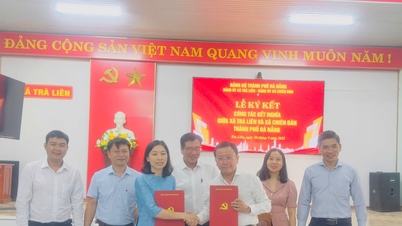





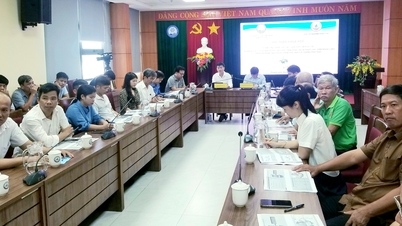




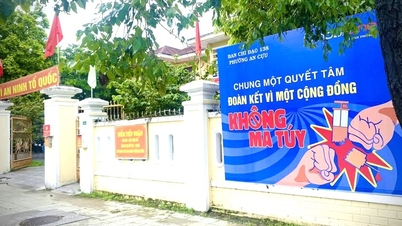
















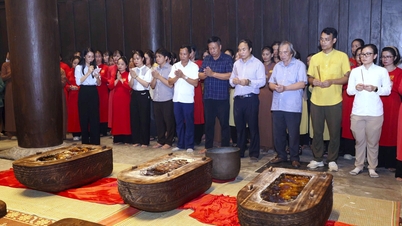






















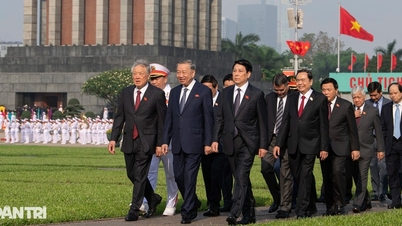





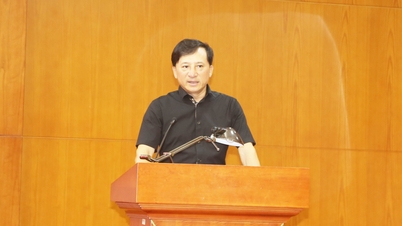




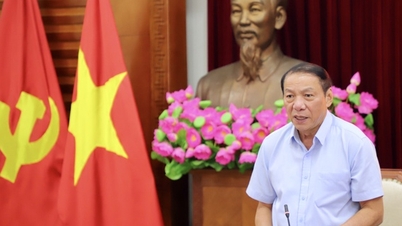
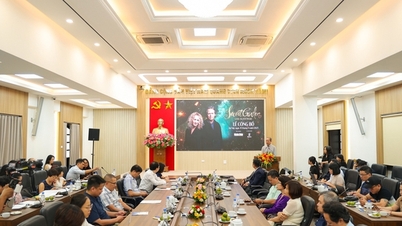






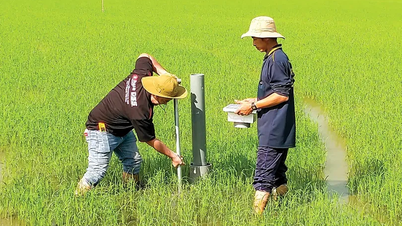










Comment (0)